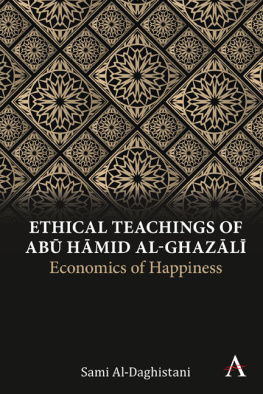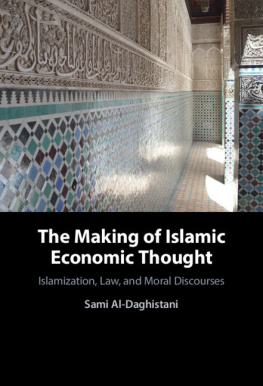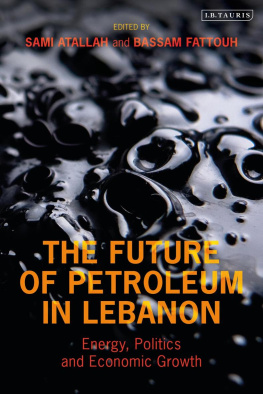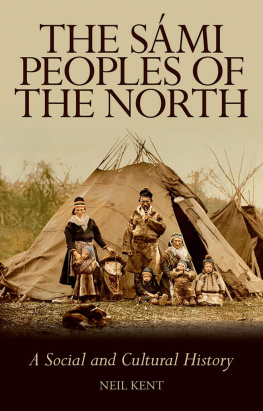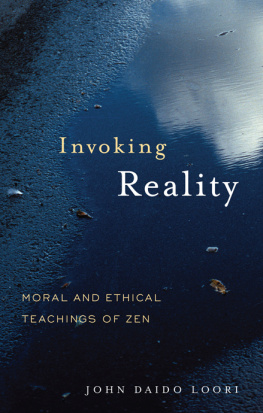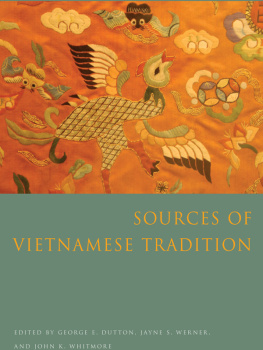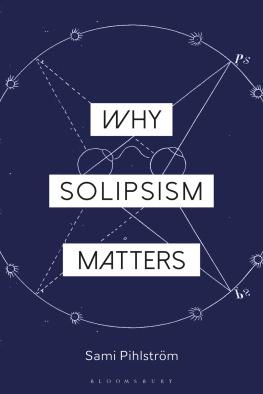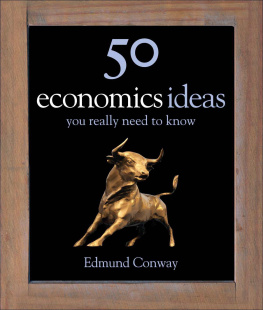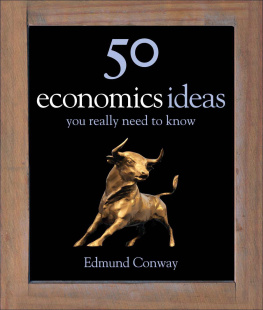Ethical Teachings of Ab mid al-Ghazl
Ethical Teachings of Ab mid al-Ghazl
Economics of Happiness
Sami Al-Daghistani

Anthem Press
An imprint of Wimbledon Publishing Company
www.anthempress.com
This edition first published in UK and USA 2021
by ANTHEM PRESS
7576 Blackfriars Road, London SE1 8HA, UK
or PO Box 9779, London SW19 7ZG, UK
and
244 Madison Ave #116, New York, NY 10016, USA
Copyright Sami Al-Daghistani 2021
The author asserts the moral right to be identified as the author of this work.
All rights reserved. Without limiting the rights under copyright reserved above, no part of this publication may be reproduced, stored or introduced into a retrieval system, or transmitted, in any form or by any means (electronic, mechanical, photocopying, recording or otherwise), without the prior written permission of both the copyright owner and the above publisher of this book.
British Library Cataloguing-in-Publication Data
A catalogue record for this book is available from the British Library.
Library of Congress Control Number: 2020941207
ISBN-13: 978-1-78527-530-2 (Hbk)
ISBN-10: 1-78527-530-5 (Hbk)
Cover image: Serge Zimniy / Shutterstock.com
This title is also available as an e-book.
For Lina.
Earning is not the aim of human life but only a means to an end.
(Al-Ghazl, Iy, Vol. 2, 62)
CONTENTS
It is an honor and a privilege to have been involved in the publication of this volume - a study of the past and from a different world, where Ab mid Al-Ghazl, a man of faith and knowledge, thought hard about the intricacies between ethics and the mundane realities of economic life. His faith forced him to confront the inequities of human societies, and his religious quest urged him to find wisdom from the philosophers of the past. He explored Greek philosophy which laid the groundwork for a new synthesis between the moral imperatives of Islam, the force of logical thinking, and the precarious conditions of human life and our common vulnerability. Al-Ghazls thought became a bridge between religion and philosophy, and a source of knowledge for those who are thinking hard about the essential contours and conditions of a more just world.
Al-Ghazl is famous for many achievements, not least his research into what constitutes human happiness. To achieve insight into human wellbeing, he concluded that rationalism was not in itself sufficient to guide humans to self-knowledge and at the same time that religious piety was more than a collection of rules to guide the faithful. As a Sufi philosopher, he acknowledged the force of everyday experience, and the inspiration of music and dance. We moderns can benefit from his teaching, because in our world happiness is often degraded to mean merely selfish satisfaction.
The 2020 pandemic has highlighted the iniquities of the contemporary world and the depth of human suffering. His philosophy has forced us think deeply about the intersections between morality and economics. This publication is the first volume in the series Religion and Society with Anthem Press. Sami Al-Daghistani has established a level of intellectual excellence which will inspire future authors and develop a deeper understanding of the complex relations between the secular and the religious.
Yuri Contreras-Vejar and Bryan S. Turner
This work has been a profound interest of mine since my graduate studies at the University of Leiden, spanning many eras and places. Though commencing in Leiden, it traveled through Sarajevo, Mnster, Rabat, Montreal, New York, and Oslo. Al-Ghazl continues to occupy a unique space in my academic and personal life, ever since my initial discovery of his work in relation to Islamic sciences in general, and on classical economic thought in particular. Time and again I have returned to his work, reflecting on his life, philosophical and f insights, ethics, and especially economic ideas. It is therefore no surprise that his ethical economic teachings have become a primary field of inquiry for this project. Al-Ghazls proposal that economic philosophy and engagement not be isolated issues and be treated separately from overall human reasoning, behavior, and sensations lies at the core of my understanding of economics.
Many scholars, professors, family members, and friends have been pivotal to my journey of reading, thinking about, and writing this work. I would like to thank my former MA graduate advisor at Leiden University, Mohamed Ghaly, who inspired me with his intellectual rigor and ethical demeanor to delve deeper into conceptual history and Islamic ethics, and who guided me throughout the two years spent at Leiden University; Maurits Berger, who would later guide me during my doctoral studies and provide comments to the initial draft of this volume; Asghar Seyed-Gohrab for reading one of the very first drafts of this manuscript and for supporting my book project from the get-go; and Petra Sijpesteijn, who offered useful advice during the early years of my graduate studies. I am also indebted to Wael Hallaq, who became a mentor and co-advisor during my doctoral studies and who opened my eyes wider into the world of Islamic intellectual history, law, and ethics. In addition to his invaluable comments on this manuscript, I will always recall with fondness our discussions on Sharas moral law and the role of the human. Likewise, I express my gratitude to Hossein Kamaly, Souleymane Bachir Diagne, Alexander Knysh, and Seyyed Hossein Nasr for their insights into classical economics, al-Ghazls thought, Sufism, and epistemic shifts. I also greatly appreciate my colleagues and friends for their intellectual engagement at the Norwegian School of Theology, Religion and Society in Oslowhich also provided institutional supportthe Brooklyn Institute for Social Research, and the Institute for Religion, Culture and Public Life, and the Middle East Institute at Columbia University.
At Anthem Press, I would like to sincerely thank the series editors, Bryan S. Turner and Yuri Contreras-Vejar, for believing in my project and for our gap sessions on society, economics, and ethics. Megan Greiving and her team have also been crucial to this project, and I thank them for their overall support and editing process as well as the two blind reviewers for their valuable comments and suggestions.
On a more personal note, my warmest gratitude goes to my beloved father, Nabil Al-Daghistani, who helped in translation, especially of some key passages from al-Ghazls Iy, and to my mother, Marija Al-Daghistani, for her consummate love and sacrifice. I would also like to thank my brother, Raid Al-Daghistani, with whom I have exchanged numerousand at times opposingthoughts and ideas on philosophy, Sufism, and al-Ghazls life. Last but not least, I express my heartfelt appreciation to my wife and companion, Kristin Soraya Batmanghelichi, for her immense love and support. As for our daughter, Lina Jocelynshe is a beacon of lighther presence is a constant reminder to perfect my own ethics.
Modern economic science as it is known in the West is intricately linked to an eighteenth-century European division of natural and social sciences, yet economic philosophy dates back centuries if not a millennium. Various civilizations and religions contributed to economic thought, including some of the most prominent classical Islamic jurists, theologians, and fs. Ethical Teachings of Ab mid al-Ghazl

